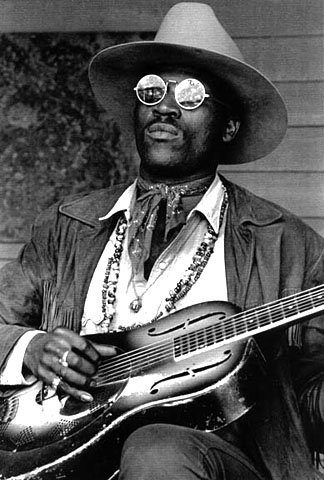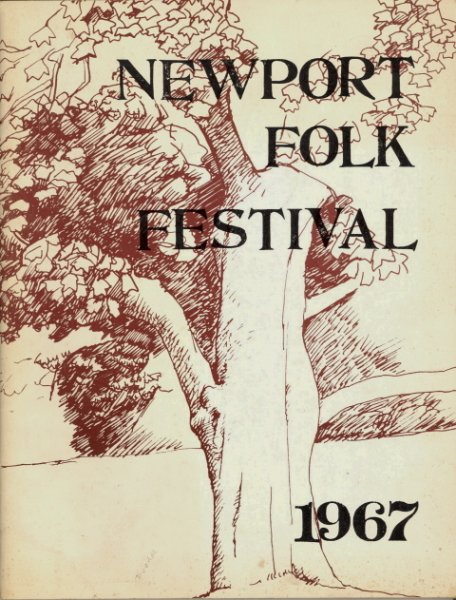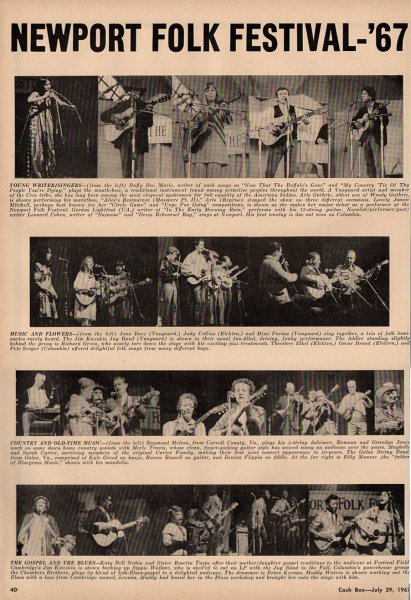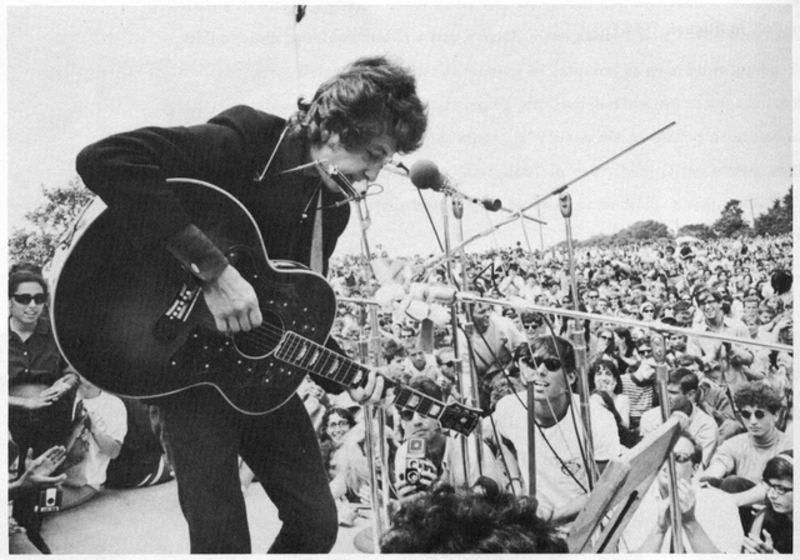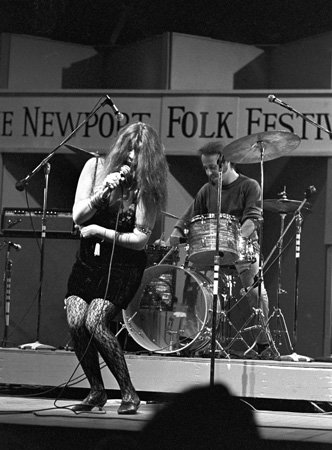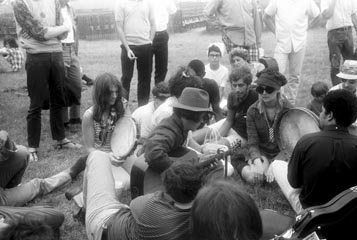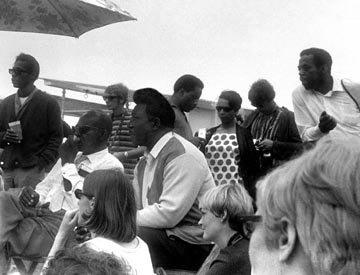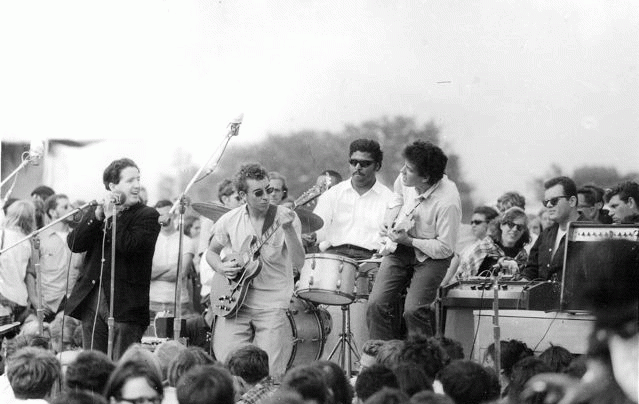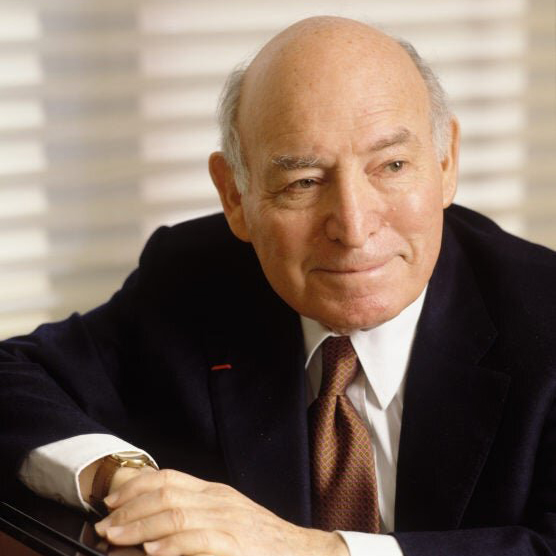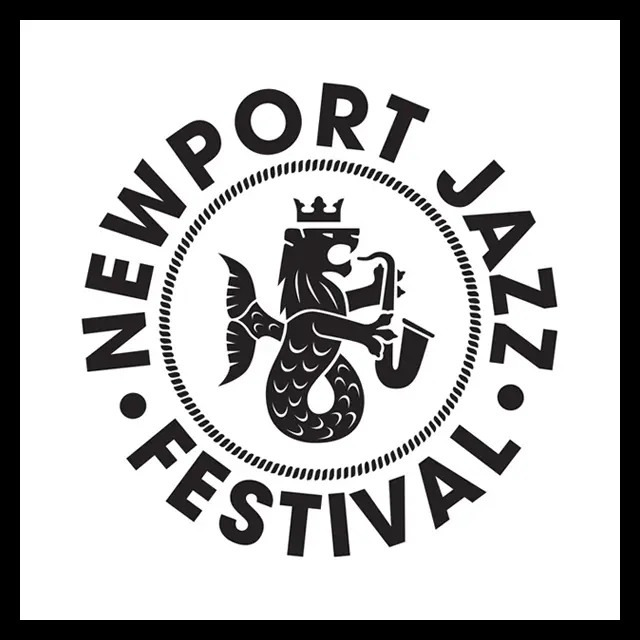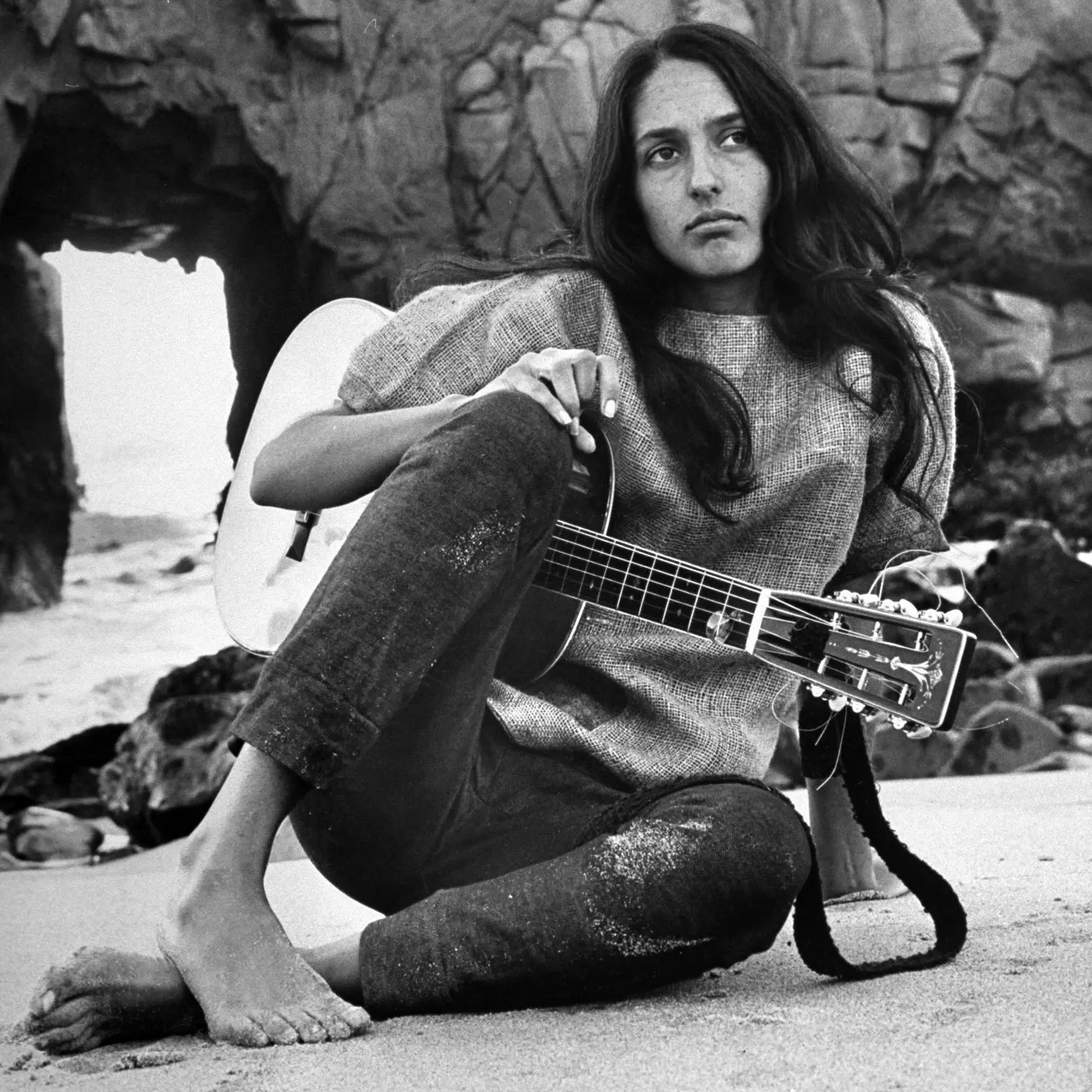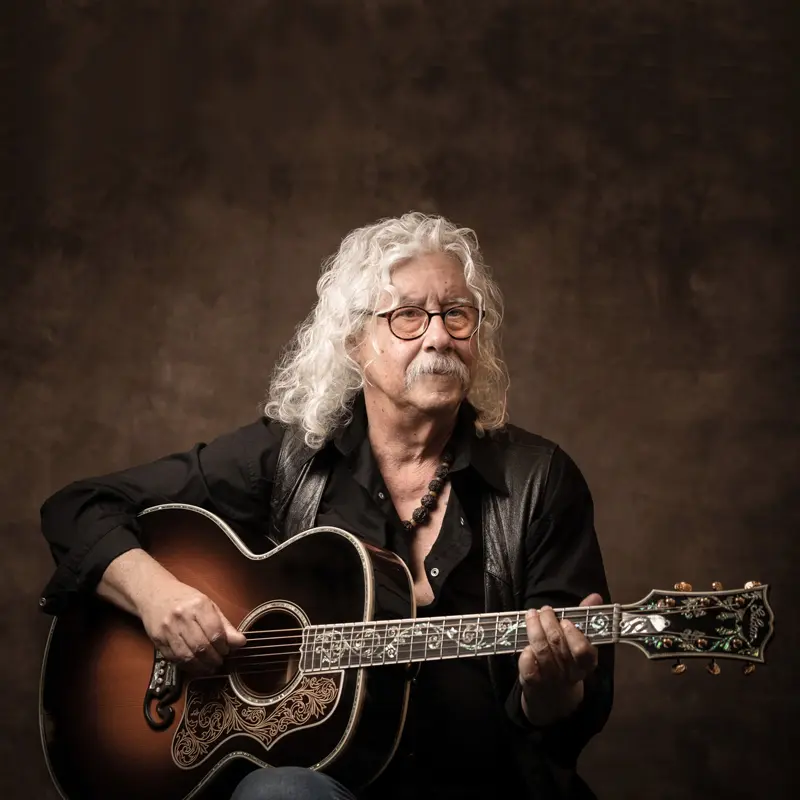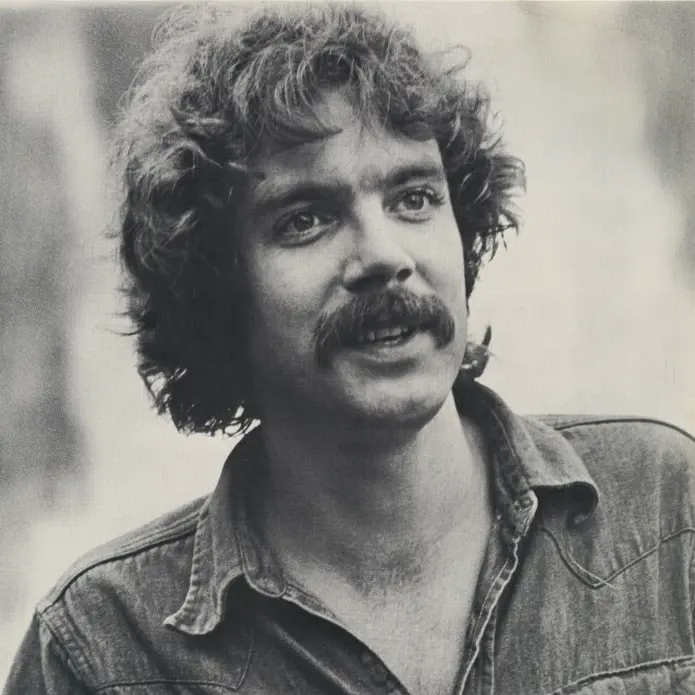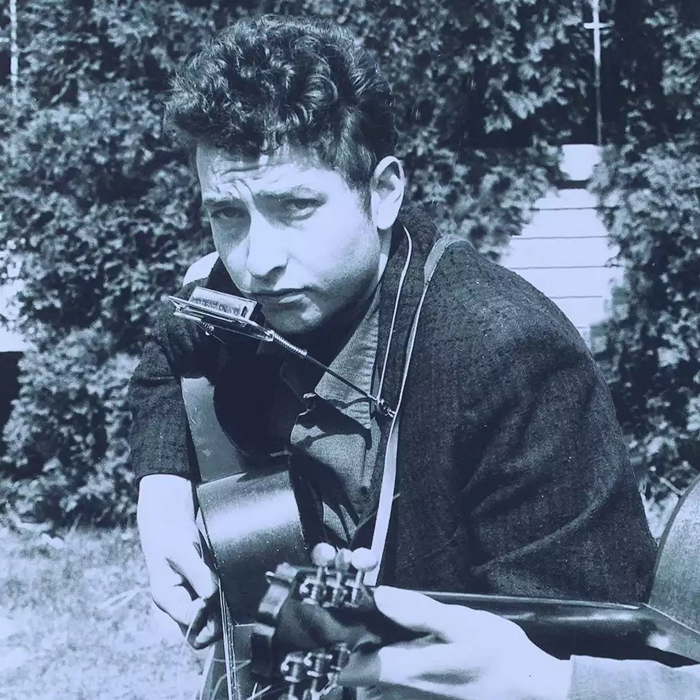Newport Folk Festival: A Triptych
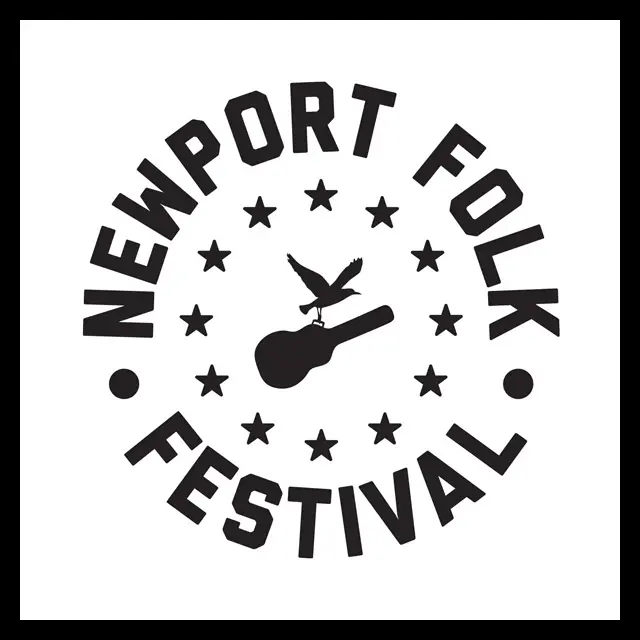
The mid-1960s were a time of transition in popular music. We had been through the roots of rock with Chuck Berry, Buddy Holly, Elvis, and multitudes of other talented rock artists. In the early part of the decade, we became enamored with folk music. The easy sounds of Tom Rush, the Kingston Trio, and Peter, Paul, and Mary gave our parents a little break, although Bob Dylan and Joan Baez were always available to drive them over the edge to insanity. According to them, Dylan couldn’t sing and Baez was just wailing. They had no taste in music. By 1965, folk was out of favor and the British Invasion was winning the war of the airwaves.
More importantly, I had my driver’s license and plans to attend the Newport Folk Festival. Before the Monterey Pop, before Woodstock, the Newport Folk Festival, born in 1959, was the high point of July in New England. George Wein, the power behind the highly successful Newport Jazz Festival established in 1954, knew the time was right for another festival, one that featured folk music with a dash of similar styles, like bluegrass, and country. Obviously, the Newport Folk Festival built its iconic status on folk music, but was forced to make adjustments to meet the needs of an audience growing up with the Beatles. Rock was rapidly replacing folk with the younger crowd.
I went to the ’65 Saturday evening show expecting great folk music with maybe a little rock flavor. What happened shook the world of music. Even though the equipment loaded onto the stage should have prepared the audience, we were still shocked when DYLAN WENT ELECTRIC! Until that night, Bob Dylan was the epitome of folk music. There was some booing, but not as much as reported. Most of the negative response came from the promoters and the true folk devotees who had secured seating close to the stage. With the Paul Butterfield Blues Band as back up, Dylan began his set with a formerly classic folk song, “Maggie’s Farm.” The booing began. Dylan may have faltered a little, but I think he was sending a message by choosing that song. Truthfully, for most of us, this was a surprise, but seemed a natural progression for one of the most talented singer/songwriters of the century. Unlike Pete Seeger, the younger crowd embraced anything Bob Dylan did. Many of us couldn’t imagine Dylan being booed. Like we had heard so many times before from the original Bob, “Your old road is rapidly agin’, So get out of the new one if you can’t lend a hand, for the times, they are a changin’.” A new Bob Dylan was here to stay, and the music god had created folk/rock. Most of the crowd was grateful to have seen a legend perform and excited to have witnessed his transformation. Incredible!
My next festival was in 1967. After the first time, my expectations were high, but no one expected anything like the Dylan controversy. This festival was a little more infused with rock music. The music was great and the old social commentary of folk music was not as prevalent. Then Arlo Guthrie took the stage and the fun began. Arlo was fairly new to the scene, but we were all familiar with his father, the legendary Woody Guthrie. For the first time ever, he performed “Alice’s Restaurant.” He began with the refrain and set up the crowd to expect a cute little song about a restaurant. Folk songs were often about everyday things. By the second refrain, hundreds of people were singing along and laughing about the “massacree.” It was like a 20 minute sing-along party. He had us all hooked. To make things even better, he recorded it live, right there, with the audience singing along. Not only did Arlo make music history — he also made hundreds of people recording artists. Incredible again!
My final year was 1968. The music was more current and included more rock and roll. Cheering and applause erupted from the crowd when Big Brother and the Holding Company walked onto the stage followed by a strutting Janis Joplin singing “Piece of My Heart.” You could feel and hear the excitement in the air. Janis had a way of making you feel every word she sang. From the emotional turmoil of her opening to the soulful sound of “Summertime,” she mesmerized the entire audience. Who would ever believe that Janis Joplin had performed at something known as a folk festival? She was so flamboyant, so entertaining, so special. Her voice and style were unforgettable. She seemed so excited to be there. When the set closed with another bit of “Piece of My Heart,” the crowd was so frenzied that the MC advised us all to drive safely on the way home. Janis was the star that burned into our memories of that amazing night. Two years later, she was gone. Once again, music history was made in a small town in Rhode Island. Big Brother and the Holding Company with Janis Joplin was the largest draw the festival had ever had and probably was the reason it kept going for three more years.
That was my last time. I guess the Newport Folk Festival couldn’t keep up with the times and suspended operation in 1971. However, the love of the music and Newport lived on and the Newport Folk Festival was resurrected in 1985. It is not quite the same, includes more rock and more contemporary music, but lives on today. Maybe I’ll go back this summer. Maybe I’ll witness music history being made one more time.
(by Carol Murphy Starkey)

